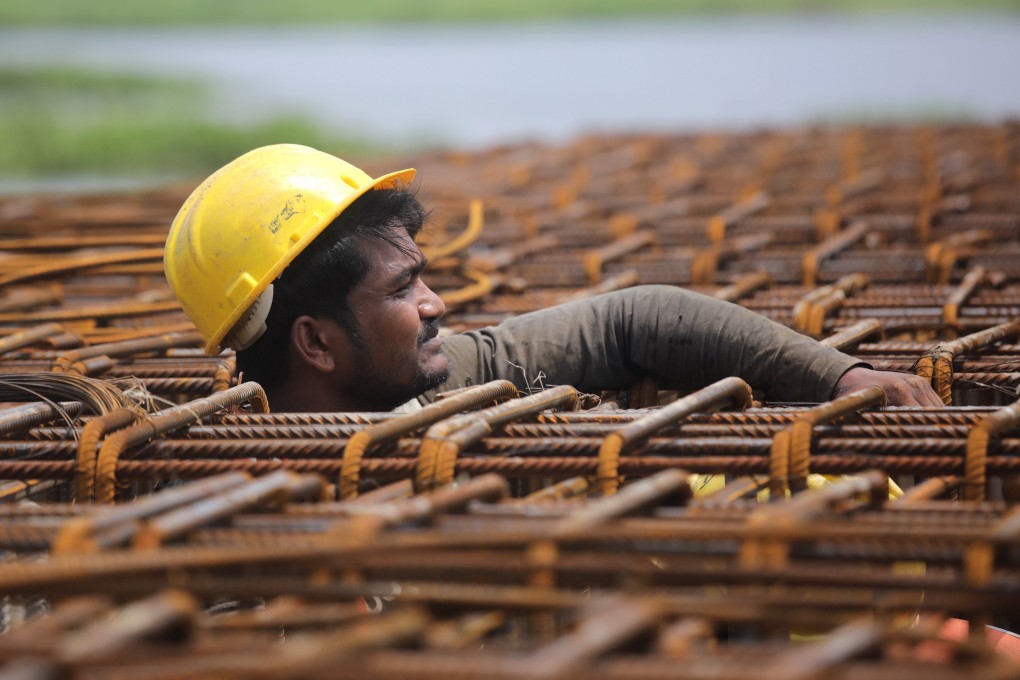Opinion | Asia-Pacific workers deserve decent jobs, healthcare and social protection
- Faced with the challenges of climate change, ageing populations and digitalisation, governments must act urgently to protect their workforce
- Active labour market policies, universal healthcare and social protection are all needed if countries are to avoid losing their engine of growth

Most of the 2.1 billion-strong workforce in the Asia-Pacific are denied access to decent jobs, healthcare and social protection. However, there are policies and tools governments can use to remedy these deficiencies and ensure the rights and aspirations of these workers and their families are upheld, and that they remain the engine of economic growth for the region.
While 243 million more people were pushed into poverty during the pandemic, it is estimated that up to half of all people in the region had already been surviving without cash, a third without necessary medicine or treatment, and a quarter without enough food, at some point. This can not only lower productivity, which has fallen below the global average, but also tax revenues and future economic output.
With more than half of all people being excluded from social protection, pandemics, disasters, economic downturns, or normal life events – such as falling ill, becoming pregnant or getting old – often have a detrimental impact on households’ well-being and life prospects.

